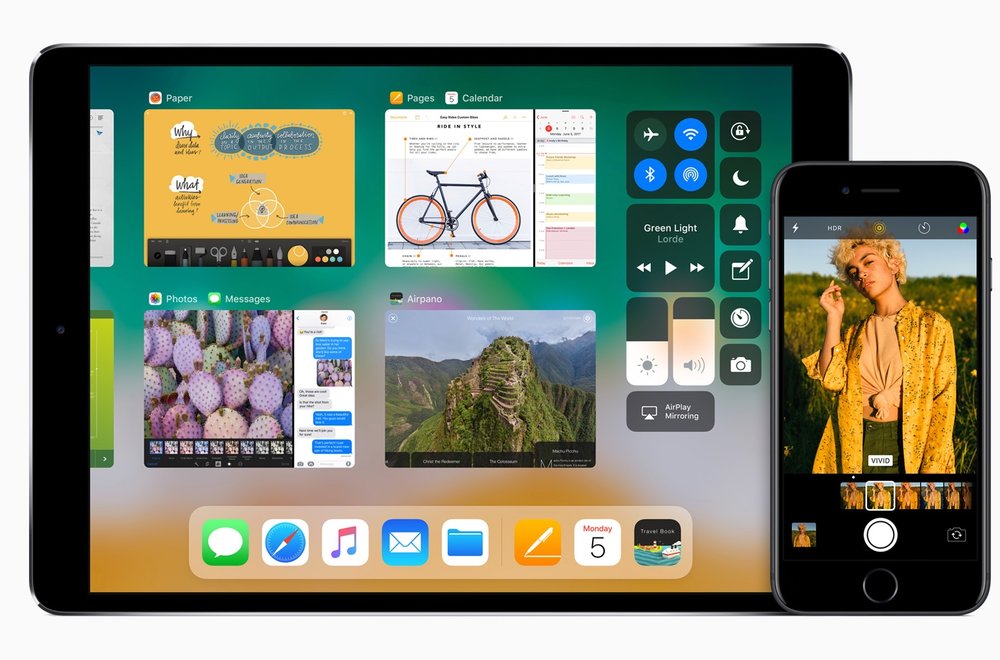The latest smartphone operating system data from Kantar Worldpanel ComTech reveals a mixed performance for iOS in the three months ending November 2017.
Despite new handset releases including the iPhone 8 and iPhone X, iOS share fell by 0.6 percentage points across the big five European markets to 23.9% and by 3.8 percentage points in the USA to 39.8%. In contrast, iOS performance in urban China continues to impress, gaining 4.6 percentage points over the same time period to give it a market share of almost 25%, adds the research group.

“On the surface Apple’s share figures for the three months to November struggle to impress, but taking into account the staged releases of the new iPhone 8 and iPhone X there are some strong performances,” says Dominic Sunnebo, global director for Kantar Worldpanel ComTech. “In Great Britain, Apple achieved its highest share in more than three years in the month of November, taking it to 49.4% and easily regaining the number one sales position from Samsung. The iPhone X was the best-selling model in Great Britain in November, with a 14.4% share of sales, though as the most expensive mass-market smartphone currently available it remains to be seen how long it can maintain this momentum at its current price point of £999.”
In the U.S., the iPhone X was outsold by the iPhone 8 and iPhone 8 Plus in the month of November but did round off the top three best-selling models for the month, easily beating the top Samsung model, the Galaxy S8, which is in sixth position, he adds.
The iPhone X was the top selling smartphone in Japan in November, commanding an 18.2% share, closely followed by the iPhone 8 at 17.2% share. Meanwhile, in urban China, demand for the iPhone X has exceeded all expectations.
“Apple was riding on the back of some momentum before the iPhone X release but demand for latest model in urban China has been staggering given its price point,” Sunnebo explains. “Apple is now back on form – the iPhone X was the top selling model in urban China in November, with a market share of 6.0%. Unlike in Europe and the US, where the vast majority of new early iPhone X sales came from existing Apple smartphone owners, in urban China there are significant numbers of Huawei, Xiaomi and Samsung customers switching to the new iPhone models, which they deem a cut above the rest.”
